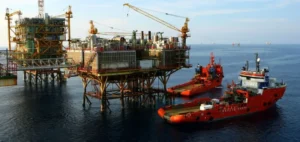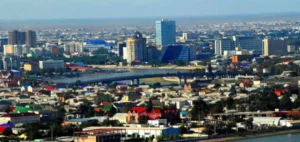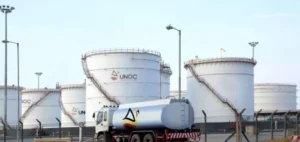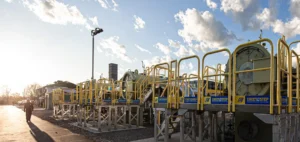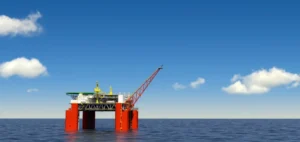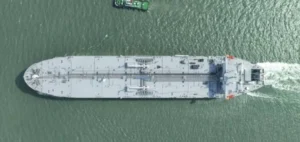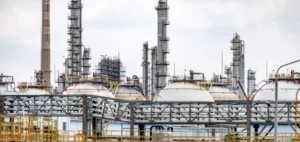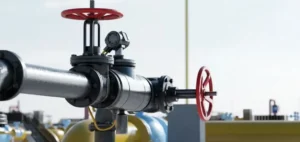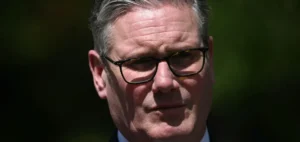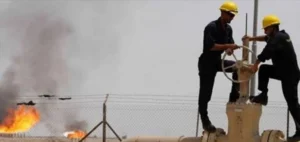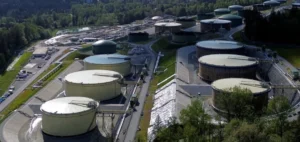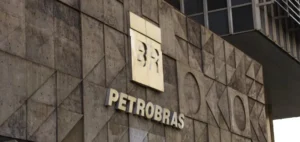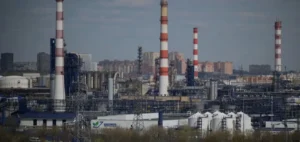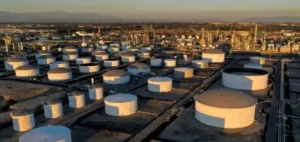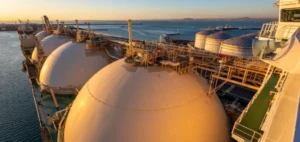Libya’s ambitious goal of producing two million barrels of crude oil a day is hampered by a complex geopolitical and material context. Since the upheavals of 2011, the country has not only struggled to stabilize production above 1.2 million barrels per day, but also to maintain a political climate conducive to foreign investment. The recent move by the National Oil Corporation (NOC) to step up extractions to maximize revenues is part of a long-term process that began under the Gaddafi era.
Political Divisions and Investment Implications
However, this aspiration comes up against the reality of deep political divisions. With two governments vying for power, the country is struggling to present a unified vision that could reassure international investors. With the long-awaited elections having failed to materialize, the political landscape remains uncertain and rivalries persist, mortgaging the possibility of coherent management of oil resources.
State of infrastructure and need for investment
The problem of investment is exacerbated by the state of the oil infrastructure, which is obsolete and subject to frequent shutdowns. Although the NOC has estimated the investment needed to meet production targets at four billion dollars a year, the country has only been able to attract an average of less than one billion a year over the past decade. This glaring lack of funding is seriously hampering the renewal of outdated facilities and the realization of large-scale projects.
Libya’s Tax Framework: A brake on investment
Added to this difficult configuration are uncompetitive tax terms, a remnant of a past when Libya enjoyed a more attractive position on the world oil scene. With the NOC taking up to 90% of initial production, the margin left for operators to recover costs and make a profit becomes derisory, making current contracts unattractive to international companies.
Continued interest from international investors
Against this backdrop, the report presents a nuanced investment outlook. Although companies such as Eni and OMV are showing sustained interest, particularly in the offshore gas sector, all players remain cautious, favoring lower-risk, quick-return projects. It should be noted that improvements in security and tax conditions could change the game and attract new capital, particularly with the announcement of a new round of oil and gas licenses scheduled for 2024.
Security and Tax Conditions: Key Variables in Attracting Investment
Despite a substantial resource base and competitive production costs, Libya’s oil prospects remain clouded by political instability and infrastructural challenges. The next few years will be crucial in determining whether the country can realize its ambitions or remain on the sidelines of the global oil industry’s great dynamics.
The next few years will be crucial in determining whether the country can realize its ambitions or remain on the sidelines of the global oil industry’s great dynamics.



